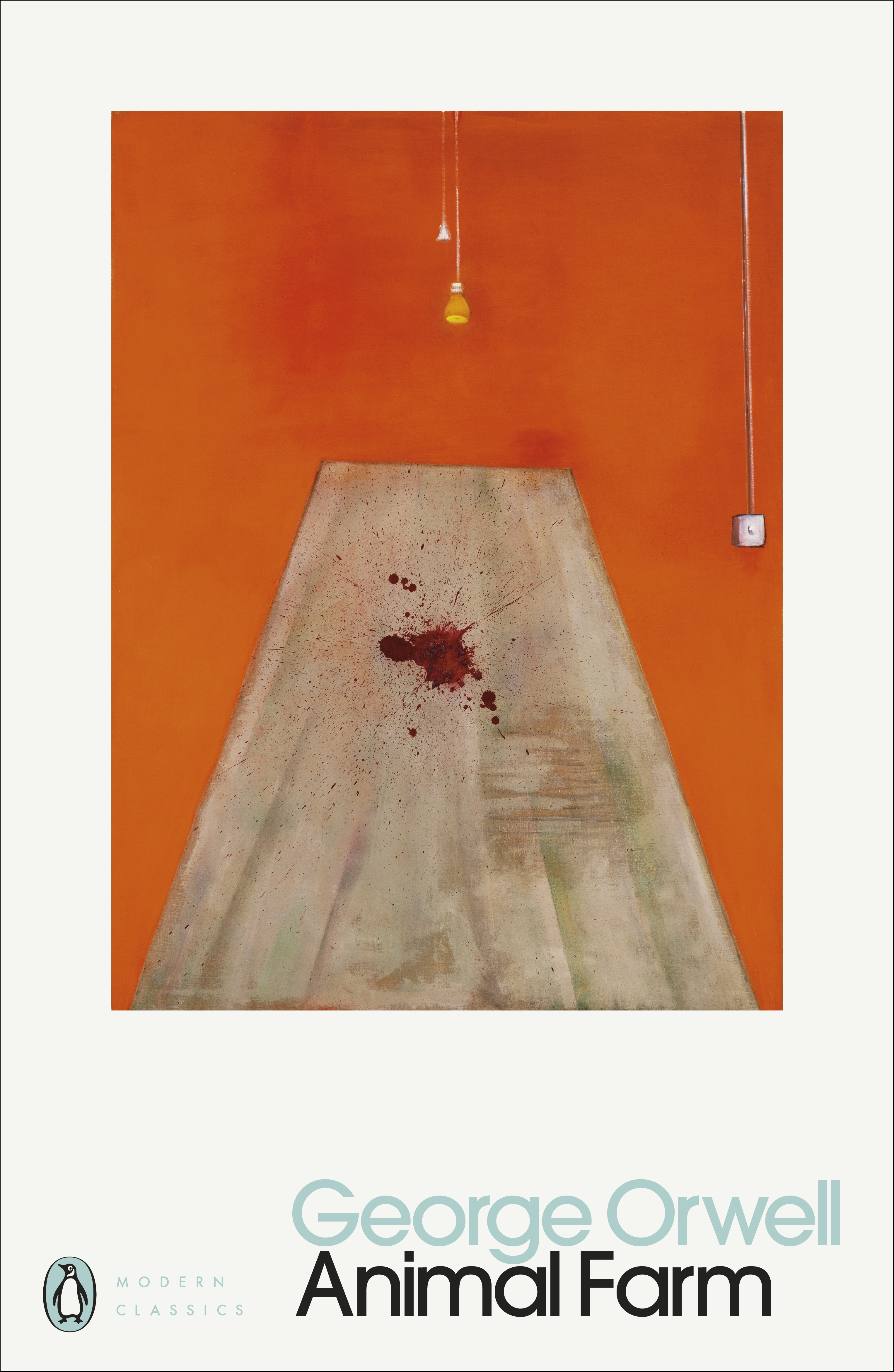Okay, two pieces of Orwellian fiction in a row? Yes. Only 1984 and Animal Farm have to go together. They are basically two of the same and I really do like reading Animal Farm. A great short read with some really evocative themes - a controversial storyline and deep, historical meaning behind it all. A legendary allegory of Stalin's Russia.
Characters:
My favourite character is Boxer - who I believe represents Blind Faith. He works and works, never getting rewards, or gratification, he just does as he's told day-in and day-out. Boxer is a character that requires Clover to look after him, making sure that nobody else takes advantage of him - but even Clover cannot stop Boxer's fate approaching.
SPOILER ALERT
Boxer is dying, he is told he's being taken to a hospital to fix him up - but really he's being taken away. When he dies, his dead body is used to make glue.
Themes:
The best theme in this book is probably lies and deceit. Lies and deceit are mainly used by characters such as Napoleon and Snowball, and even by Squealer to some extent. Lies and Deceit are used to not only control other characters, but also to imprison them, kill them, and even stop them from having basic freedoms.
Storyline:
The storyline to Animal Farm bases itself on the USSR (Stalin's Russia) and its controlling nature. Napoleon and Snowball take over the farm and from the events of making a National Anthem to beginning to trade with the humans; the pig-leaders of the farm bask in having and wanting to be more and more like people. Even though they are still genetically animals.
Verdict:
I give this book 9.
100% for characters: Characters such as Boxer, Clover, the Hens, the Sheep and even Mollie are subject to abuse and control. Whereas characters like Napoleon, Snowball and Squealer are the ones in control. Then, the character Moses is the on-looker to the action, reporting back to the humans about what happens on Manor Farm.
100% for themes: The themes of this novel are similar to those of 1984. But, in contrast, this book deals with more issues around leadership than the government body itself. This book concerns itself with what happens when we give one set of people too much power and how we then try (and fail) to solver that problem.
100% for storyline: Like Orwellian fiction is, I believe that this storyline is just as futuristic as it is allegorical. 1984 seeks to do the same thing, just in a slightly different way. Both do it perfectly though. A cyclical reality encompassed in the want for liberation without the means to do so.

No comments:
Post a Comment